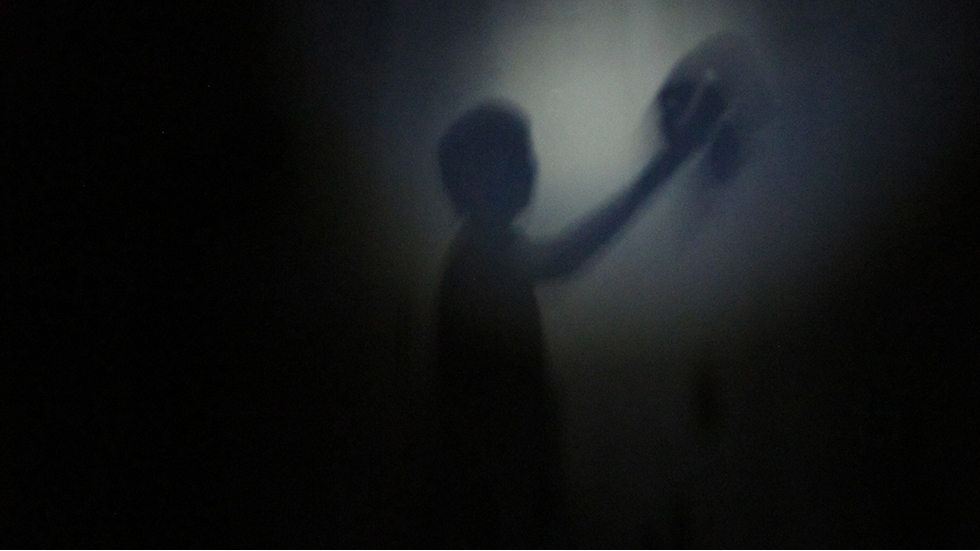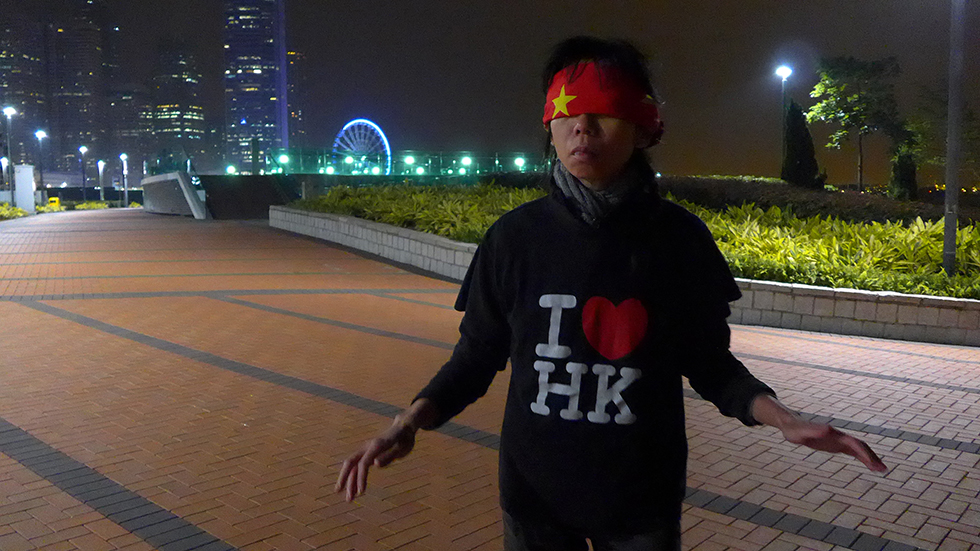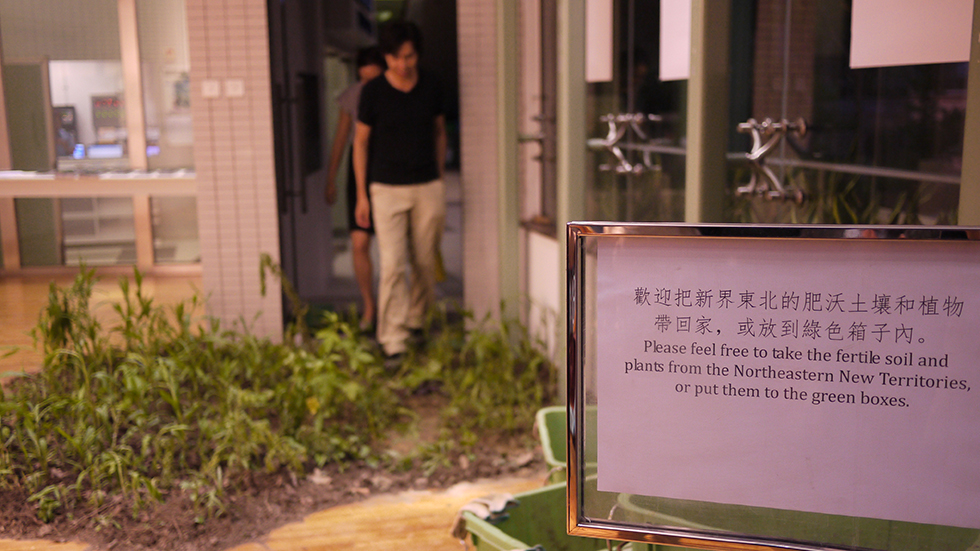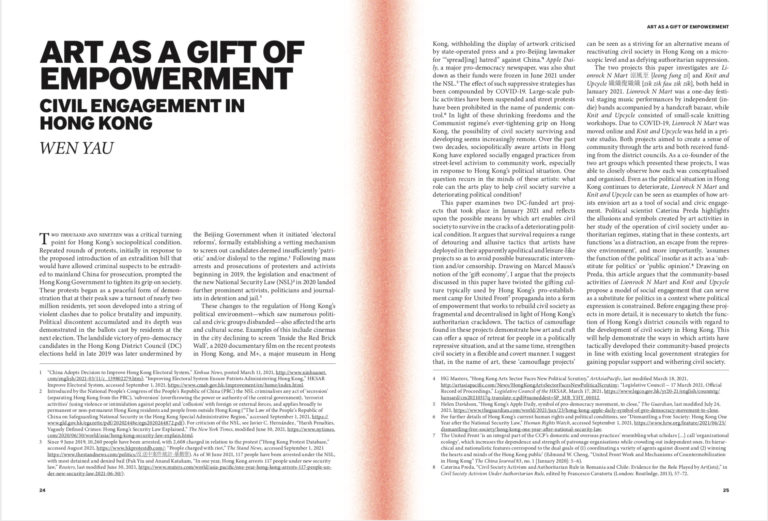
This paper examines two District Council-funded art projects that took place in early 2021 and reflects upon the possible means by which art enables civil society to survive in the cracks of a deteriorating political condition. It argues that survival requires a range of detouring and allusive tactics that artists have deployed in their apparently apolitical and leisure-like projects so as to avoid possible bureaucratic intervention and/or censorship. Drawing on Marcel Mauss’ notion of the ‘gift economy,’ I argue that the projects discussed in this paper have twisted the gifting culture typically used by Hong Kong’s pro-establishment camp for United Front propaganda into a form of empowerment that works to rebuild civil society as fragmental and decentralised in light of Hong Kong’s authoritarian crackdown. The tactics of camouflage found in these projects demonstrate how art and craft can offer a space of retreat for people in a politically repressive situation, and at the same time, strengthen civil society in a flexible and covert manner. I suggest that, in the name of art, these ‘camouflage projects’ can be seen as a striving for an alternative means of re-activating civil society in Hong Kong on a microscopic level and as defying authoritarian suppression.
[…]
If we see art as a creative platform for civil engagement, it is the temporary and volatile social network that art generates that, significantly, is able to exist as a new political space. The ‘allusions’ that art creates are not the tangible aspects of crafts and skills, but rather the social network that an artwork generates during the process of engagement. Even when public opinion cannot be voiced in an authoritarian regime, art can be an outlet for personal relations and affective connection in an abstract and intangible manner and sustain a resilient network of civil society. Art empowers people through the act of gifting and immaterial exchange that occurs over the course of its realisation.
>> Full text of my paper can be viewed on my Medium for a limited time.
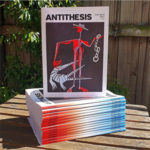 This text was originally published in Antithesis, vol. 31: Defy, 2021, p.24–35
This text was originally published in Antithesis, vol. 31: Defy, 2021, p.24–35
